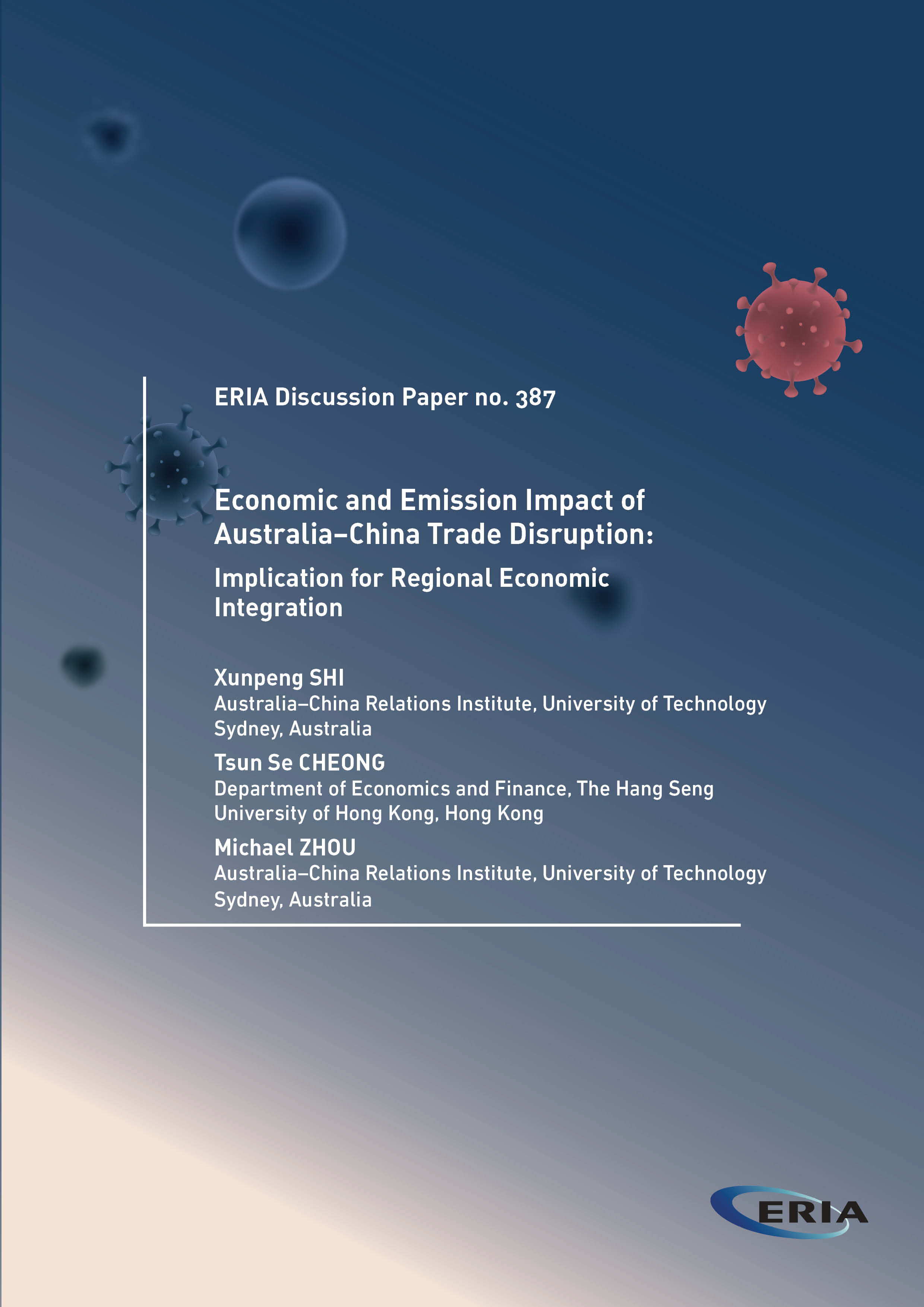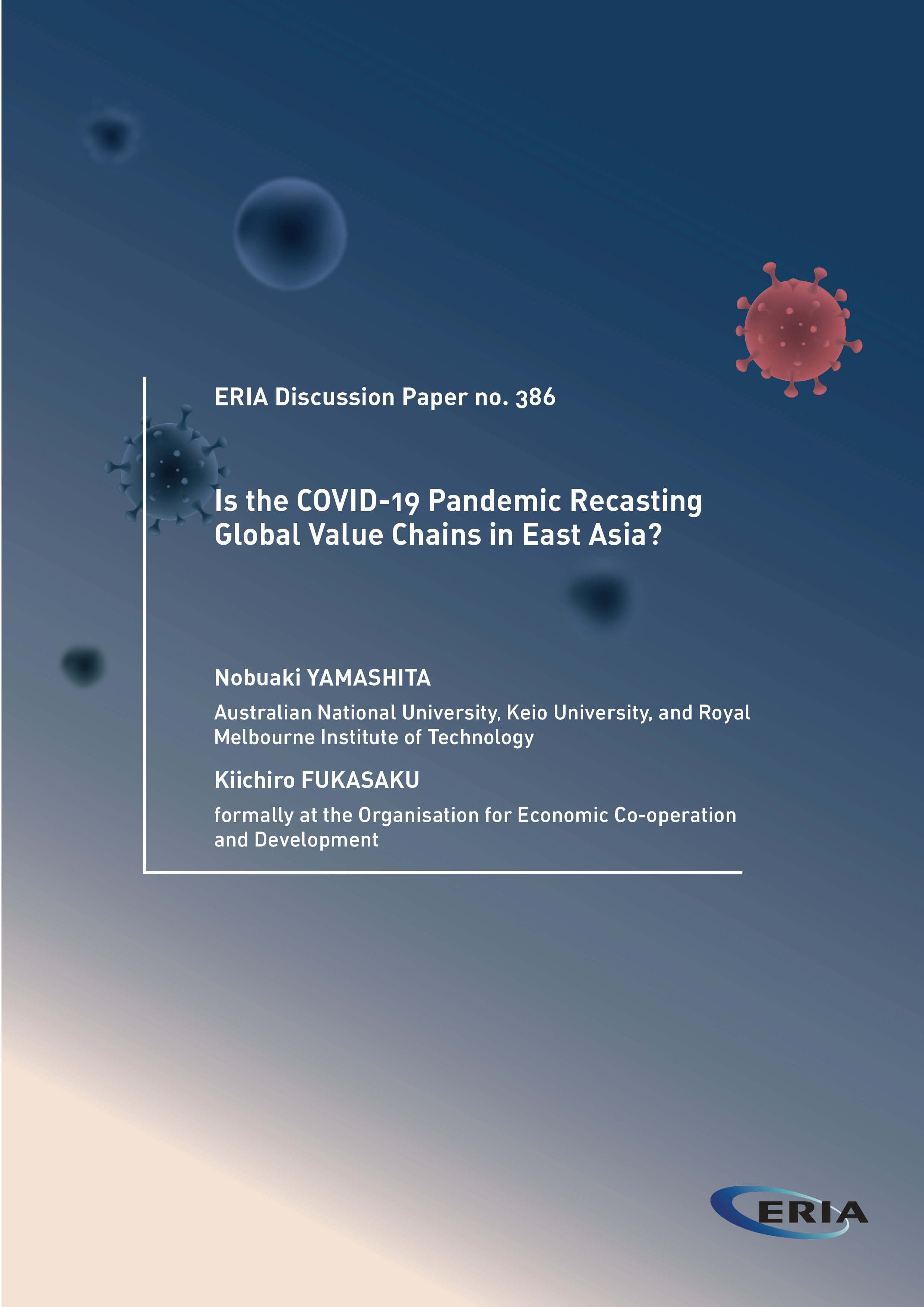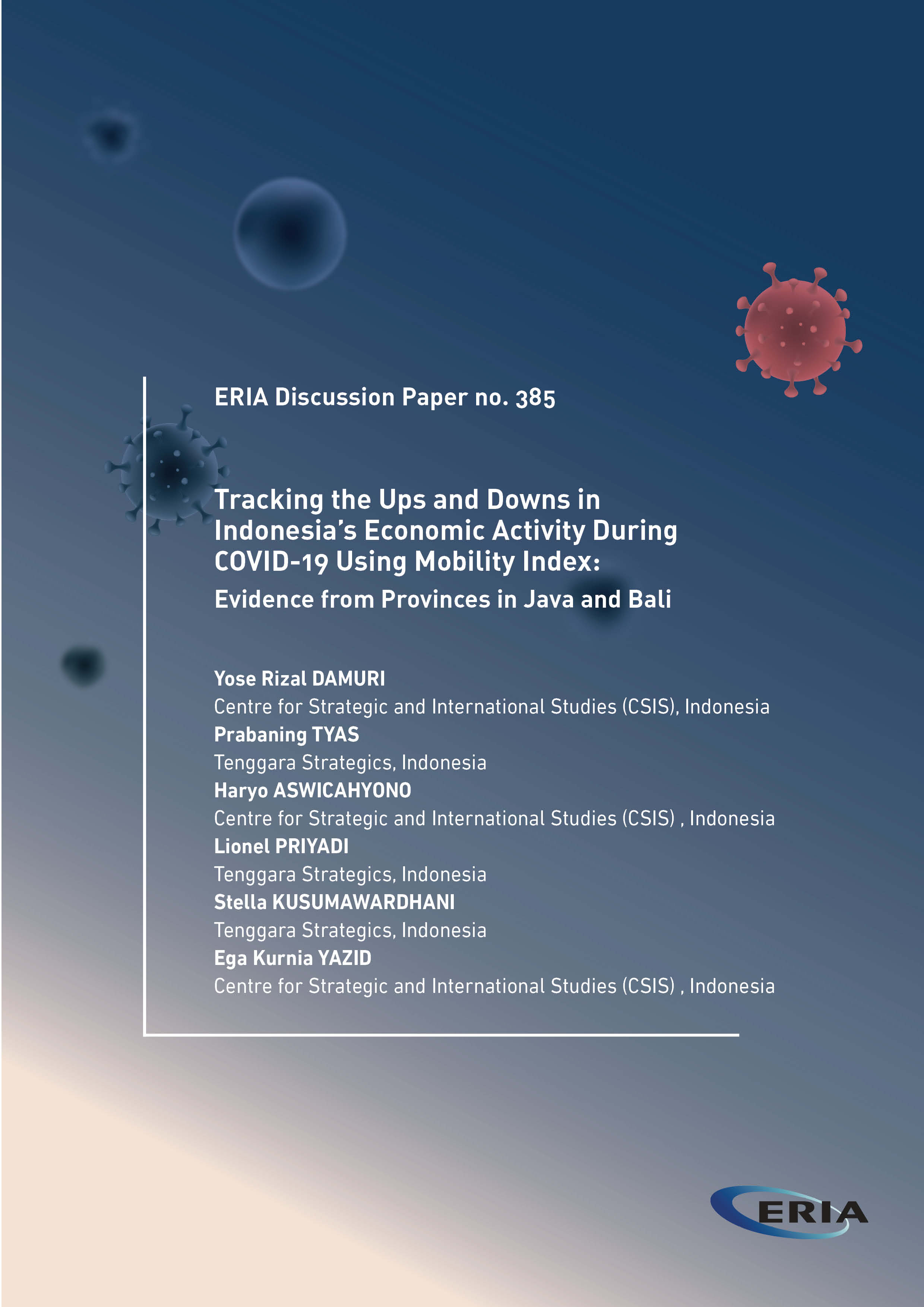Economic and Emission Impact of Australia-China Trade Disruption: Implication for Regional Economic Integration

Date:
7 July 2021Category:
COVID-19, Regulation and Governance, TradeType:
Discussion PapersTags:
Australia, China, COVID-19, Regional Integration, Regulation and Governance, TradePrint Article:
This study examines the debates on supply chain resilience and the economic and emissions impact of supply chain rerouting using Australia and China trade as an example. The estimations demonstrate that, in both export and import cases, a trade embargo between Australia and China, despite being compensated by alternative supply chains, will cause gross domestic product loss and emissions increases for both countries. Moreover, even if all other countries gain from the markets left by China, many of them suffer from overall gross domestic product loss and emissions increase. The findings that ASEAN and China may also suffer from an Australia–China trade embargo, despite a gain in trade volume, suggests that no country should add fuel to the fire. The results suggest that countries need to defend rules-based trading regimes and continuously promote regional economic integration.
This research was conducted as a part of the project ‘ERIA Research on COVID-19’ at the Economic Research Institute for ASEAN and East Asia (ERIA).




